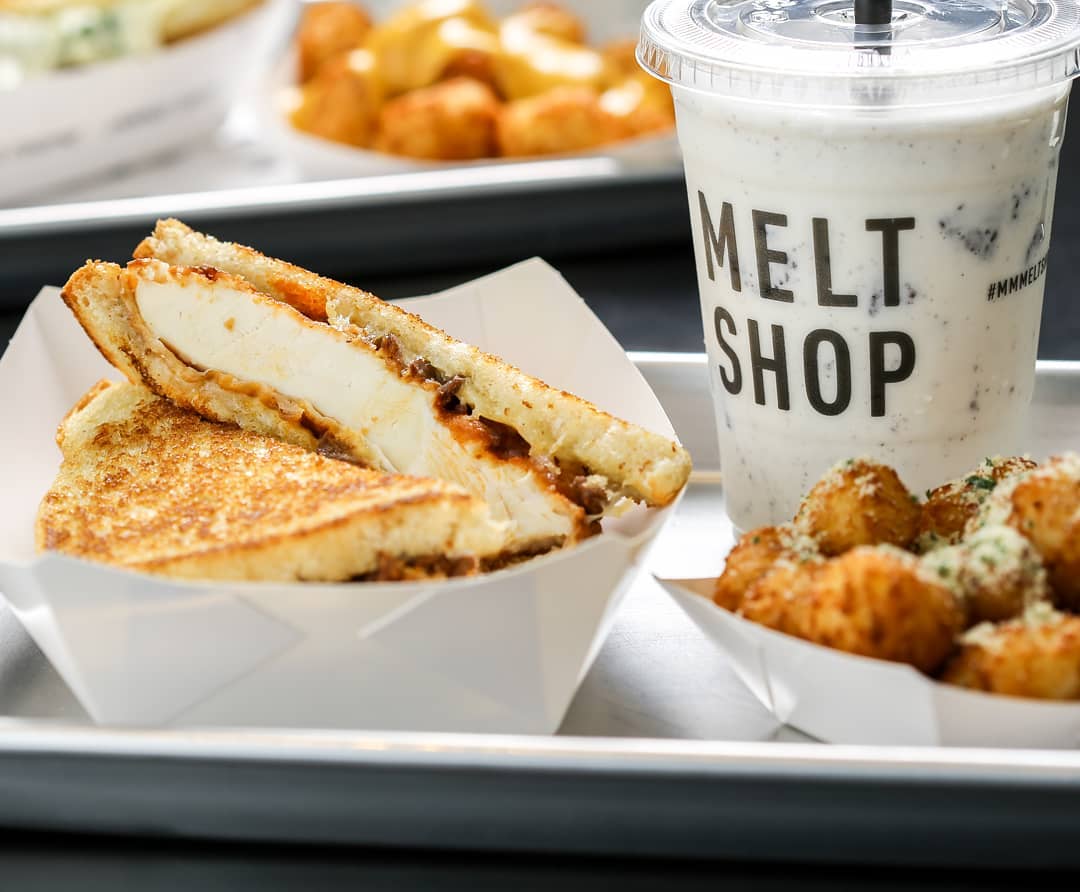New York’s Melt Shop Fills the Fast Casual Void in Kuwait

Photo Caption: The Melt Shop had to modify a few of its items for a Kuwaiti audience (but not this buffalo chicken sandwich).
Skift Take
Melt Shop only opened its first international restaurant, in Kuwait, in January, and already debuted a second location there in April. CEO Spencer Rubin discussed what it takes for a budding chain to make an overseas debut.


